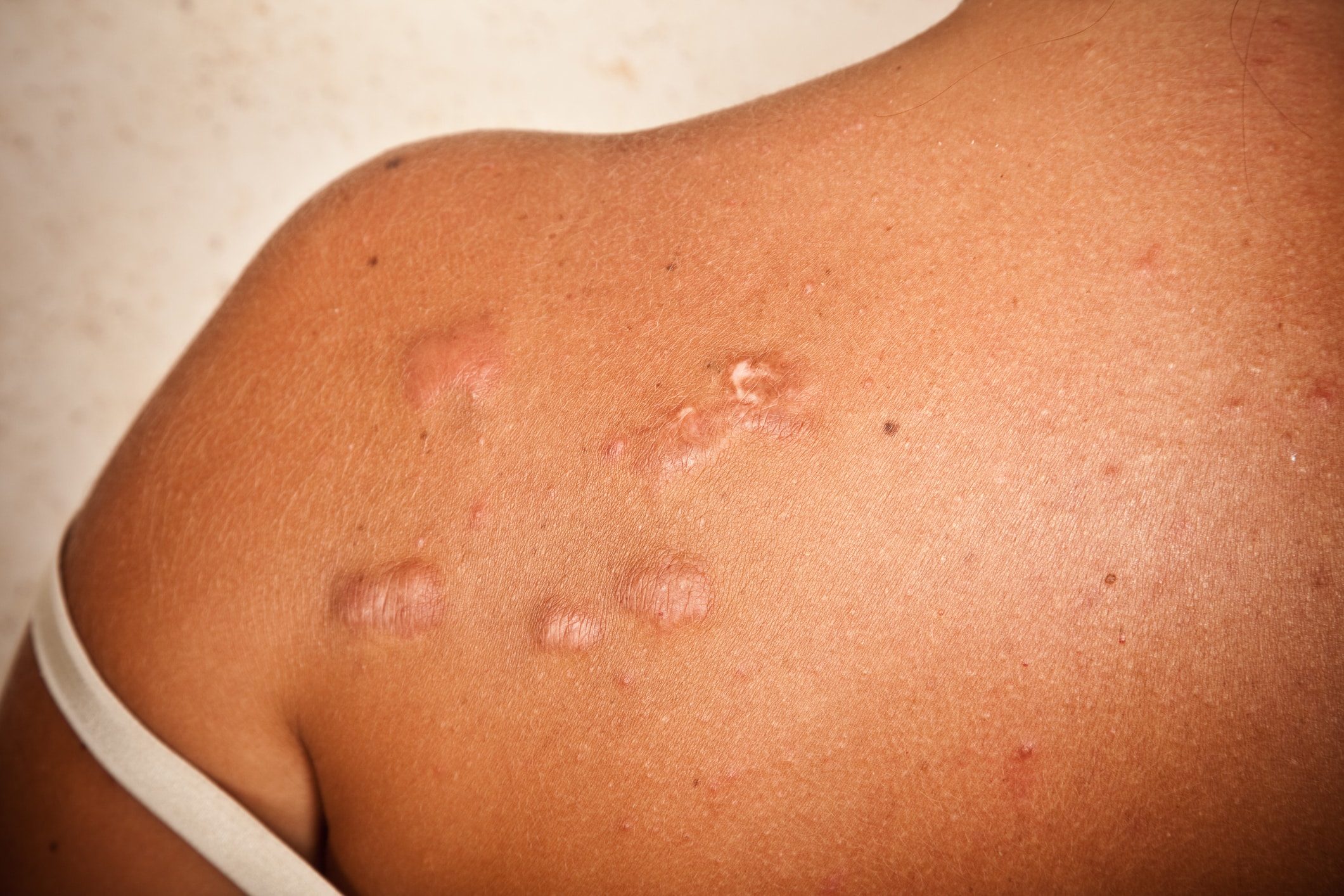Types of Cancers
As a Summit Healthcare Cancer Center patient, your primary relationship will be with a multidisciplinary team comprised of your medical oncologist, radiation oncologist, surgeon and other care providers work together during your fight against cancer. At Summit Healthcare Cancer Center we provide personalized and compassionate treatment for:
- Brain Cancer
- Breast Cancer
- Colorectal Cancer
- Female Cancer – Ovarian, Uterine and Cervical
- Head and Neck Cancer
- Lung Cancer
- Multiple Myeloma
- Prostate Cancer
- Skin Cancer
- Non Cancers – Keloides
Brain Cancer
Every instance of brain cancer is unique. Our team has extensive experience in the diagnosis and proper staging of this disease, enabling us to quickly form a thorough treatment plan based on the specific type of brain cancer we have found. Brain cancer may involve primary tumors, those that develop from brain cells. The cell in which the tumor originates dictates its category.
Breast Cancer
Breast cancers develop in glandular or soft tissue or the ducts of the breasts. There are many types of breast cancer, with each identified by the cells in which cell mutation has occurred. In general, breast cancers fall into one of two broad categories:

- Invasive (infiltrating) breast cancer: Cancerous cells permeate the barriers of normal breast tissue and exist in other parts of the body, having spread through the lymph nodes or bloodstream. Metastatic breast cancer is the most advanced stage of invasive breast cancer. Multiple modalities may be considered in the treatment of invasive breast cancer, including surgery, radiation, hormone treatment, chemotherapy, and targeted therapy, which is a drug-therapy which targets particular genes.
- Noninvasive (in situ) breast cancer: Cancerous cells are localized in one area of the breast and have not spread to ducts, lobules or surrounding tissue. Noninvasive types of breast cancer are typically treated with surgery and may also require follow up with radiation.
Colorectal Cancer
Cancerous cells may develop anywhere within the colon or the rectum, the two main parts of the large intestine. Because the symptoms and treatments for the various types of colon or rectum cancers are so similar, they are grouped together as colorectal cancer.
Several types of cancer may develop in the colorectal area. Adenocarcinomas are the most common, typically originating in a polyp within the lining of the colon or rectum. Additional types of colorectal cancers include:
- Gastrointestinal carcinoid tumors
- Metastatic colorectal cancer
- Melanoma
- Leiomyosarcomas
Treatment options for the various types of colorectal cancer include surgery, radiation therapy, targeted therapy, and chemotherapy. Treatment plans are developed based on the stage of colorectal cancer and other factors.
Female Cancer
Cancers of the female reproductive system affect fertility and quality of life. Our dedicated team takes a personalized approach to the treatment of these cancers.
- Ovarian cancer tumors develop in the epithelium cells, stromal cells, or germ cells. Based on the type and stage of ovarian cancer, treatment may involve surgery, targeted drug therapy, hormone therapy, or chemotherapy.

- Uterine cancer may involve the lining of the uterus, the endometrium, or the muscles of the uterus (uterine sarcoma). Treatment may involve surgery, immunotherapy, radiation, chemotherapy, or hormone therapy.
- Cervical cancer is usually categorized as squamous cell carcinoma or adenocarcinoma, based on the cells involved. Depending on the characteristics of cervical cancer, treatment may include surgery, targeted drug therapy, radiation, or chemotherapy.
Head & Neck Cancer
Cancerous tumors that develop in the head and neck area fall into this category of cancers. Research suggests that most cancers that develop in the mouth, salivary glands, nose, or throat are squamous cell carcinomas. Most of these cancers originate in the mouth, and a high percentage (85%) are attributed to tobacco use. Head and neck cancers may be treated with surgery, radiation, immunotherapy, targeted drug therapy, or chemotherapy.
Lung Cancer
Lung cancer may develop in one or both lungs as a result of dysregulated and abnormal cell growth. Lung cancer affects 1 in 16 women and 1 in 13 men, making it the second most common type of non-skin cancer in our country. Two main types of lung cancer exist; small cell and non-small cell lung cancer. Treatment revolves around each patient’s individual needs and may include targeted drug therapy, immunotherapy, chemotherapy, surgery, or radiation. In some cases, interventional pulmonology services are also valuable to the larger treatment plan.
Multiple Myeloma
Also referred to as bone marrow cancer, multiple myeloma originates in the bone marrow, where an overgrowth of abnormal plasma cells crowd the narrow space in which blood cells are made. This prevents the regeneration of the healthy blood cells needed to support healthy immunity. There are several types of multiple myeloma, each described by the protein involved in abnormal cell growth. Treatment is based on diagnostic findings and may include interventional radiology, stem cell therapy, radiation, chemotherapy, or targeted drug therapy.
Prostate Cancer
One in none men in our country will be diagnosed with prostate cancer. The second most diagnosed cancer in men (after skin cancer), prostate cancer originates in the prostate gland as a result of abnormal cell growth. This type of cancer can be successfully treated, particularly when it is detected in the early stages. Because treatment for prostate cancer may come with side effects that impact quality of life, it is critical for a man to obtain treatment from an experienced physician. Many doctors and their patients decide to observe prostate cancer rather than treat it right away. Additional options to consider include radiation therapy, hormone therapy, chemotherapy, surgery, and immunotherapy.
Skin Cancer
Skin cancer is the most diagnosed of all cancers in the U.S. The three types of skin cancer that are commonly diagnosed include:
- Squamous cell carcinoma
- Basal cell carcinoma
- Melanoma
Non-melanoma skin cancers can often be treated in the medical office with minor surgery to remove cancerous cells. Targeted drug therapy and immunotherapy may also be recommended. Melanoma skin cancer may involve multiple modalities, including surgery, radiation, or chemotherapy.
Non-Cancers – Keloides

A keloid is a raised scar that may result from an incision or injury to the skin. In some cases, these scars appear spontaneously and without a known cause. Keloids are related to an overgrowth of collagen protein in response to a wound. In the healing process, too much collagen is produced, and the scar eventually outgrows the original injury.
Keloids may be cosmetically disruptive, but they do not turn in to cancer. Many people choose to have this type of scar removed or reduced. There are several ways to do this. A keloid may be treated with cryotherapy (freezing), ligature (tying off), silicone sheets to flatten the scar, laser treatment, and surgery. After surgery, radiation therapy may be performed to prevent recurrence.
